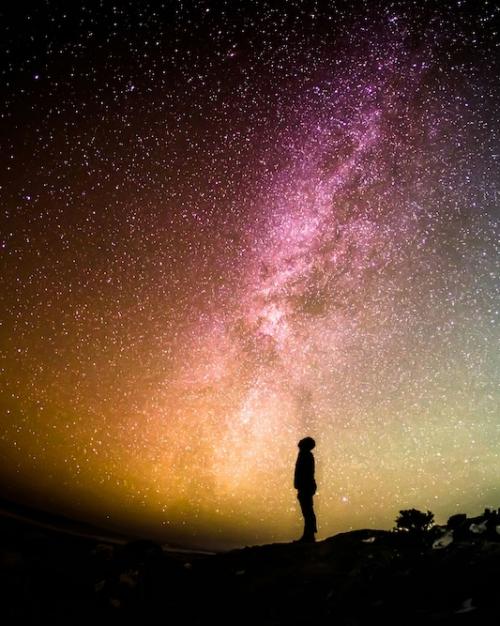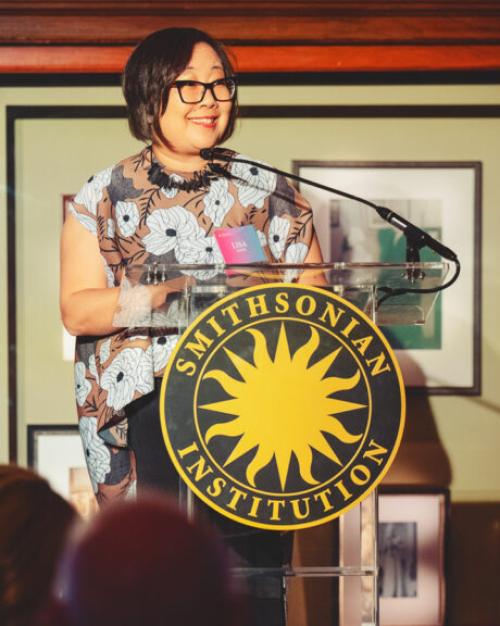“It’s not a quick process; it’s one you have to be very, very thoughtful about,” says Sasaki, who had spent the previous five years as director of the Smithsonian Asian Pacific American Center. (She will assume a different role with the Smithsonian once a founding director is named for the women's museum.)
Though the museum was established through legislation enacted by Congress in December 2020, Sasaki estimates it will be at least a decade before it’s constructed, filled, and open to visitors.
In the meantime, Sasaki is working to fulfill the initial guidelines for the museum set forth by Congress, which declared the creation of an institution devoted to women’s contributions as “necessary to more accurately depict the history of the United States,” given that “historical accounts, monuments, memorials, and museums disproportionately represent men’s achievements and contributions and often neglect those of women.”
“Museums are ultimately storytellers,” observes Sasaki, a Colorado native. “And in the past, only certain stories were told.”
Read the full story in Cornellians of the path Sasaki, a history and archaeology major has taken from archaeological field work in Greece the summer before her senior year to now.




